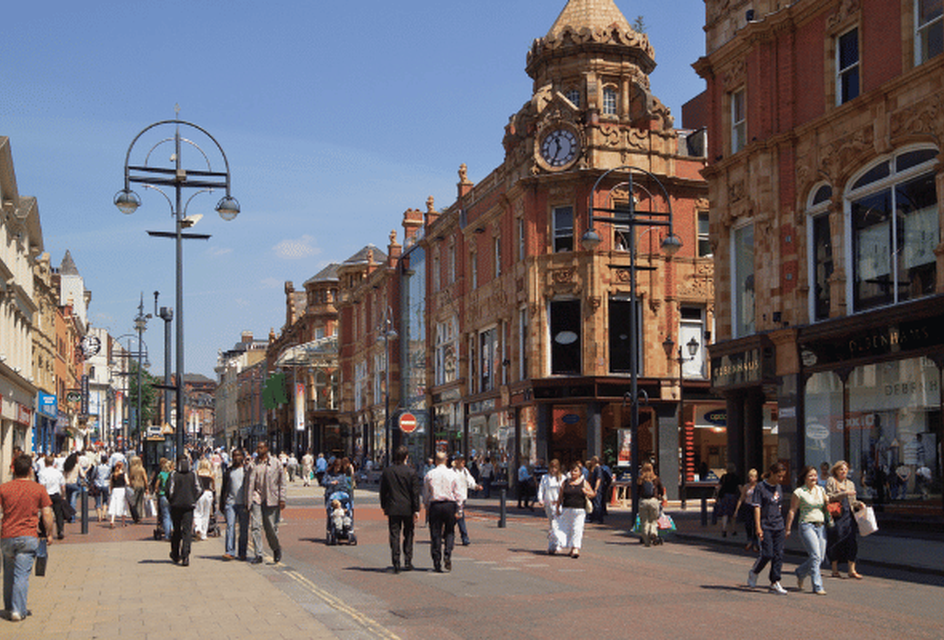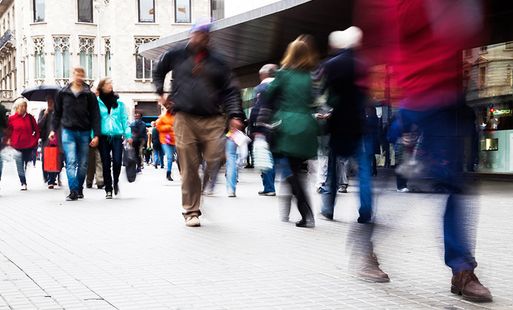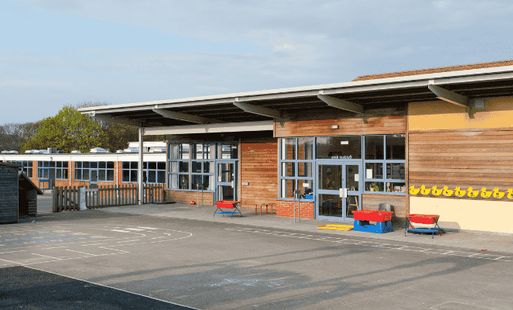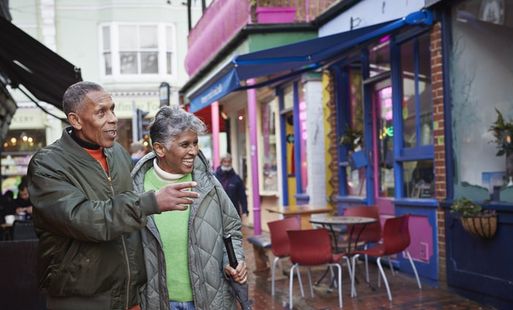Millions of Brits feel the places they spend most time in are bad for their health
Author: RSPH 15 January 2025 2 min read
Millions of people feel the places they spend their time are bad for their health. But what if that wasn't the case? Our latest report looks at how our environments influence our health and wellbeing.

Tens of millions of people feel their health and wellbeing are being negatively impacted by the everyday places they spend time in, according to a new report by the Royal Society for Public Health (RSPH), ‘A Place for Health’, published today.
Drawing on polling data of nearly 2,000 adults, the report looks at how our health and wellbeing is influenced by the six environments people spend the most time in, specifically: homes, schools, parks and leisure facilities, workplaces, highstreets, and cultural facilities like libraries.
The polling data, which is the first of its kind, reveals a number of significant findings:
- Of the six areas asked about, one in three people say that at least one of these has a negative impact on their health. This translates to tens of millions of people across Britain.
- 3 million people (5%) live in homes that are negatively impacting their health and wellbeing.
- Only 1 in 8 people say their workplace is very good for their health and wellbeing.
- 11.6 million people think that their local highstreets negatively impact their health and wellbeing.
- Three quarters of a million children are in schools which are bad for their health, according to their parent or carer.
The polling data also shows a clear divide across socio-economic status, showing that people with incomes of under £34k are more likely to say that their health and wellbeing is negatively impacted by the places around them. Whereas people in higher socio-economic brackets are much more likely to feel positively.
The report calls for a step change in how policymakers formulate health policy by looking at the six environments as target settings to improve the public’s physical and mental health – which it argues will be key to reducing pressure on the NHS.
The report’s publication comes against the backdrop of alarming health statistics:
- By 2040, there will be 3.5 million working age adults in the UK with a major health condition.
- In the UK today, 15% of children and 29% of adults are obese.
- In 2014, the UK’s largest survey of adult mental health found that 5.5 million people would benefit for therapeutic mental health interventions.
As the evidence shows, where we live, work, learn, and play has a profound impact on our health and wellbeing. If the Government is serious about turning the rhetoric around health prevention into reality, it needs to think beyond the NHS.
William Roberts FRSPH, Chief Executive, Royal for Society for Public Health
Put simply, we need to meet people where they are. In practice this means using the places we all spend time in to become facilitators of better health and wellbeing, rather than barriers.
Your experiences, whether they be positive or negative, will be impacted by your individual circumstances. The key questions we need to be asking is how we learn the lessons of what’s working so that everyone can have the chance to thrive.
We need to look at how the patchwork of institutions, settings, and places that shape our everyday lives can build health. This is exactly what we will be doing over the coming years.
If you would like to support RSPH's campaign to help create healthier places, sign up here.






